In another worrying step, Aeroflot has commissioned a Russian company to make the parts it needs to keep running its Airbus and Boeing fleets.
We have seen how Russia’s invasion of Ukraine has created problems for Russia’s airlines. Firstly, Aeroflot and others used repair centers outside Russia, which they can’t use anymore. Secondly, they can’t get the parts they need for these jets.
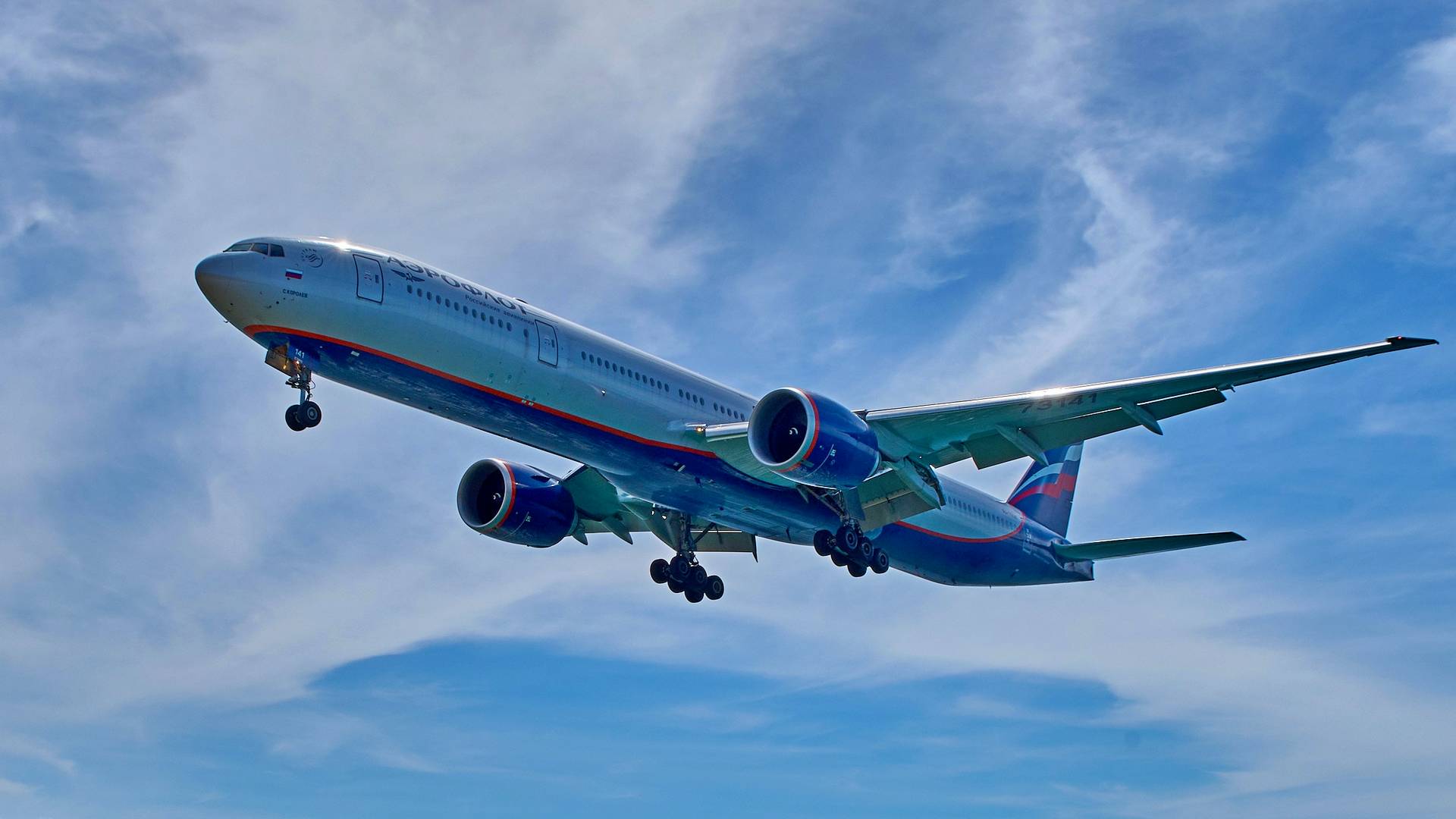
There are of course more issues for Aeroflot and other Russian carriers, including the need to change scheduling and other programs, and of course, find new destinations for their jets and crews – since many existing destinations were in sactioning countries.
With time, the country’s airlines found their way around some of these issues – often in questionable ways. But sourcing parts for their airliners (predominantly Boeing and Airbus jets) has been a more persistent issue for Aeroflot and others.
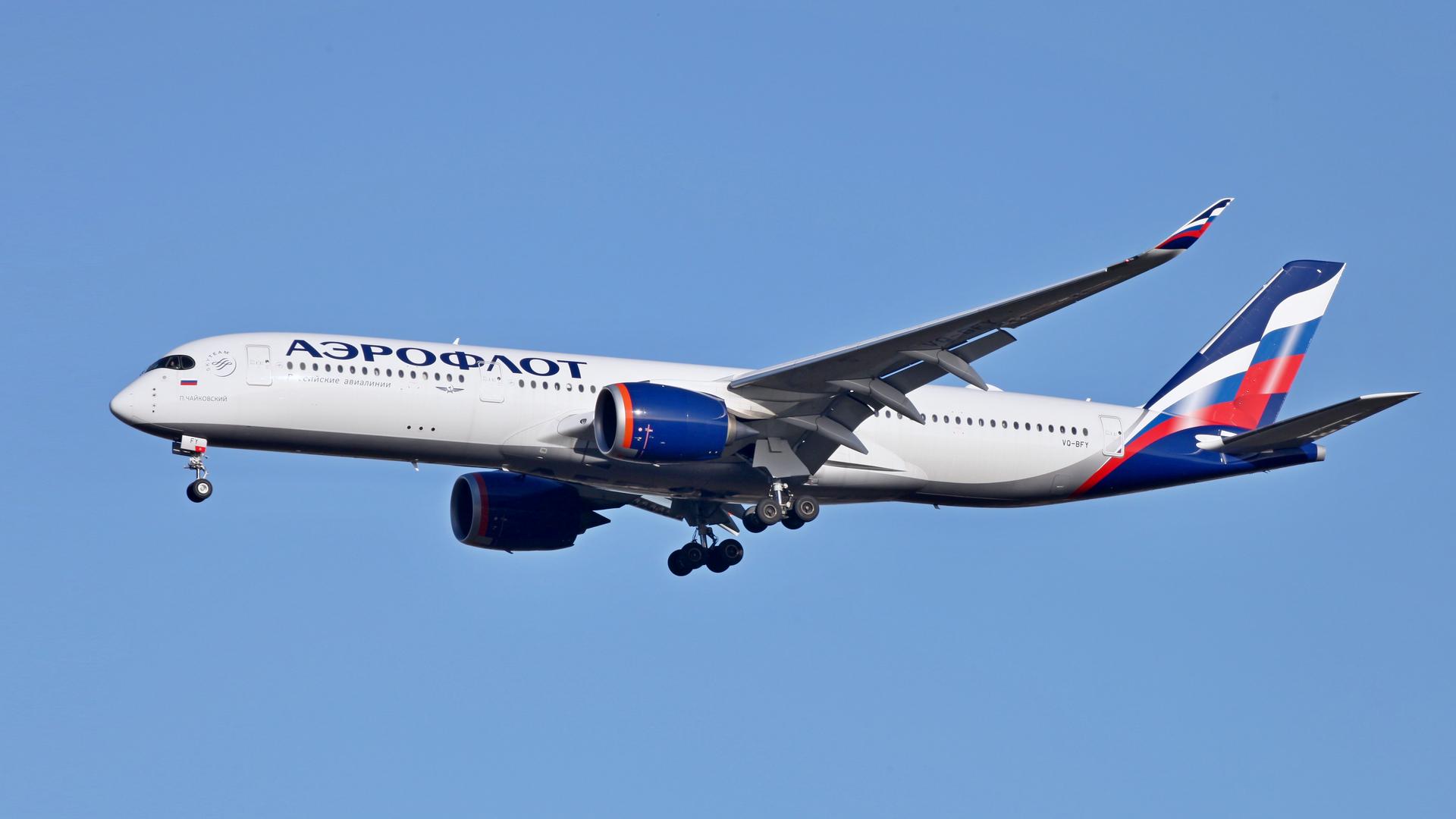
Over the summer, we saw some worrying stories emerging, about a lack of brakes for a number of Aeroflot aircraft. Even before that, there were reports that Aeroflot was working to find Russian supplies for parts in the passenger cabin (to begin with), for its Boeing and Airbus fleet.
In the aftermath of this lack of brakes, many sources concentrated on Russian efforts to obtain parts from “alternative” sources. Such an approach comes with its own risks, including that the parts may be counterfeit or otherwise questionable.
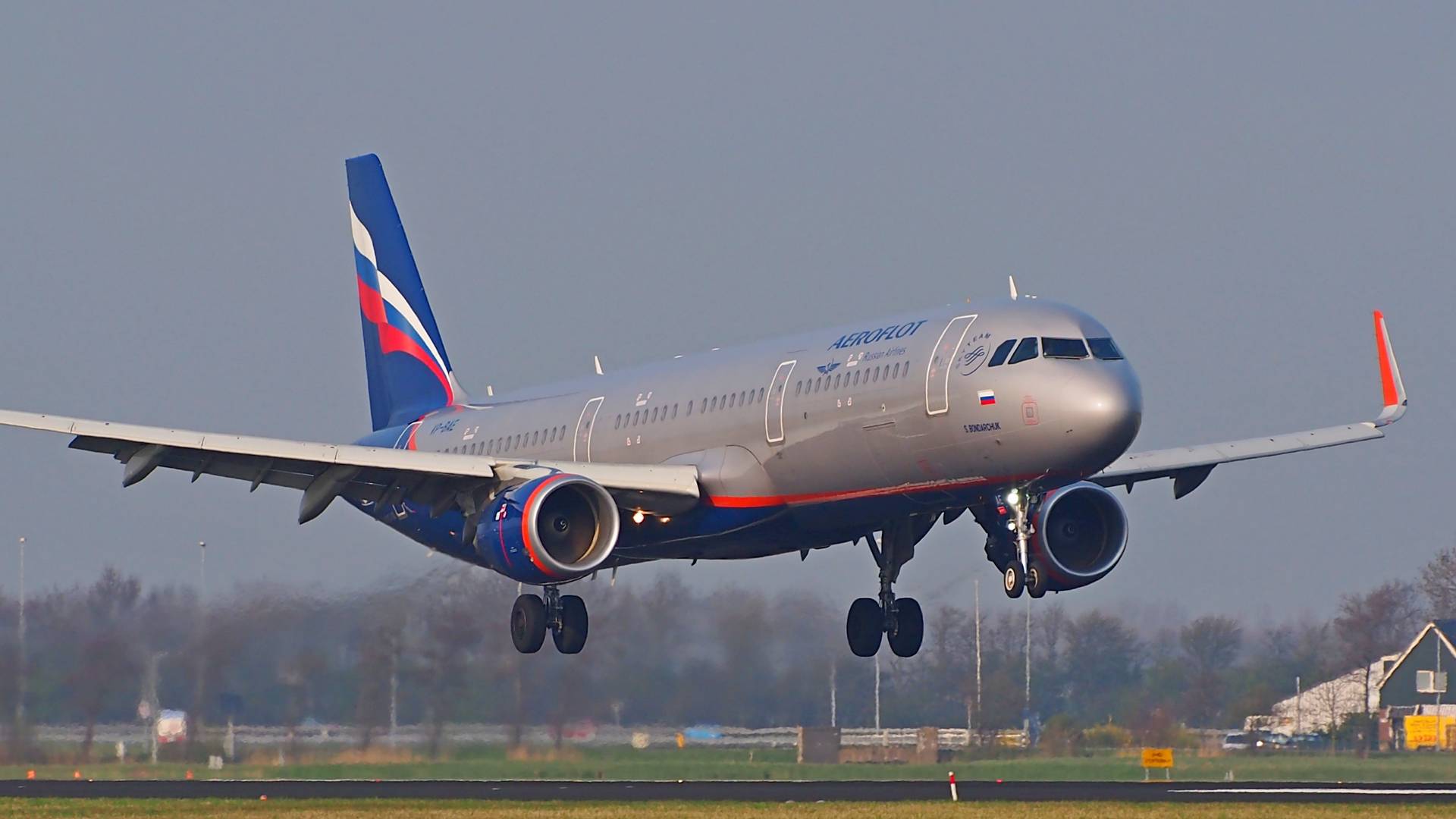
Aeroflot Commissions “Replica” Boeing & Airbus Parts?
But later reports suggest that some Russian carriers, like S7, were already working with Russian company Rosatom, to produce brakes in Russia. Rosatom was also working on replicating water and air filters.
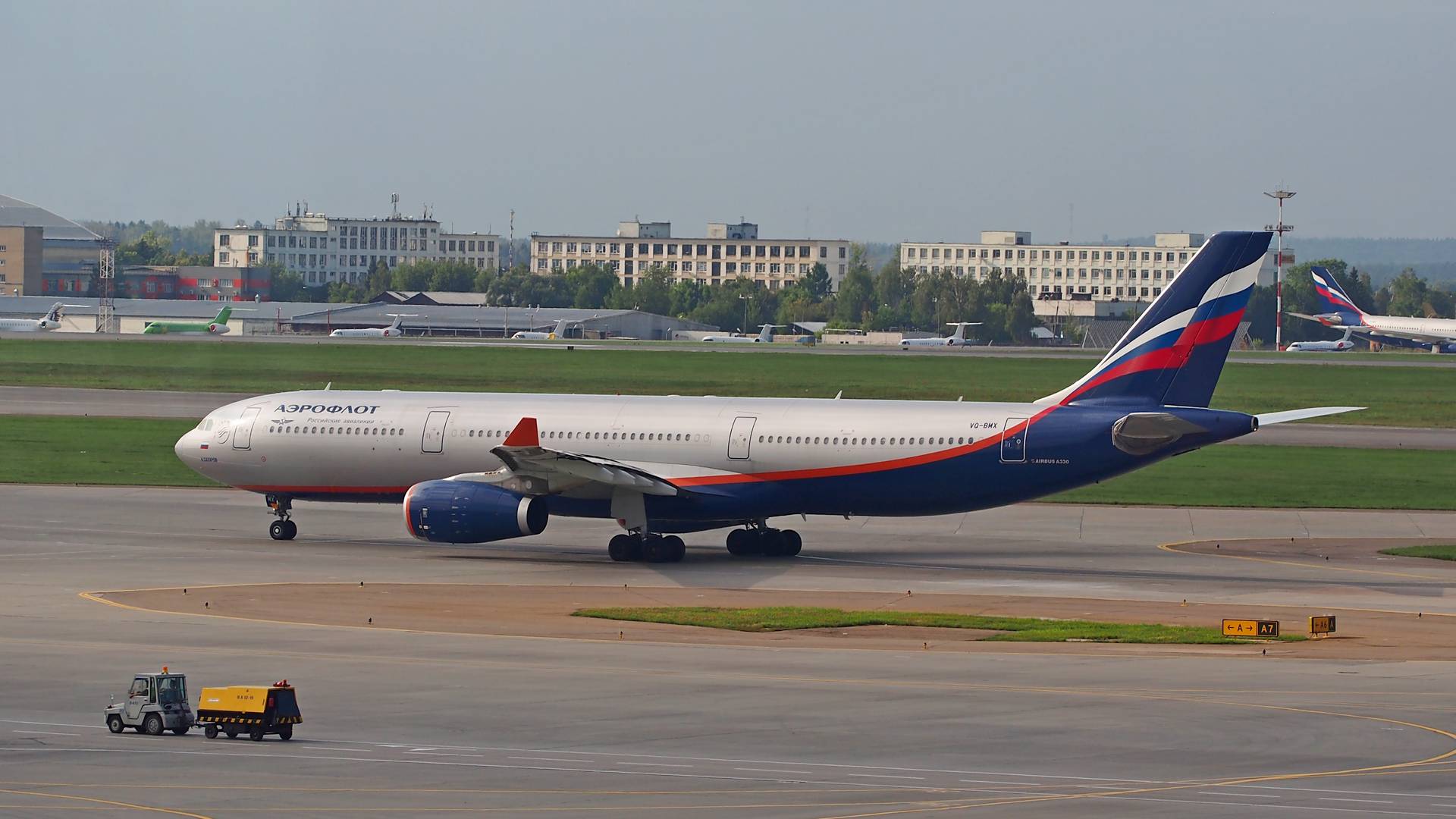
Now Russian sources suggest that Rosatom is broadening this practice. Aeroflot will work with Rosatom to produce more parts for its own Boeing and Airbus fleet. This will still involve some cabin equipment, but it will also other parts, including structural components made of various materials.
Rosatom will also work with Aeroflot on more parts, necessary for structural repairs, as well as parts for electrical and electronic equipment. Aeroflot and Rosatom will seek approval for these parts from Russian authorities – but not from the aircraft manufacturers.
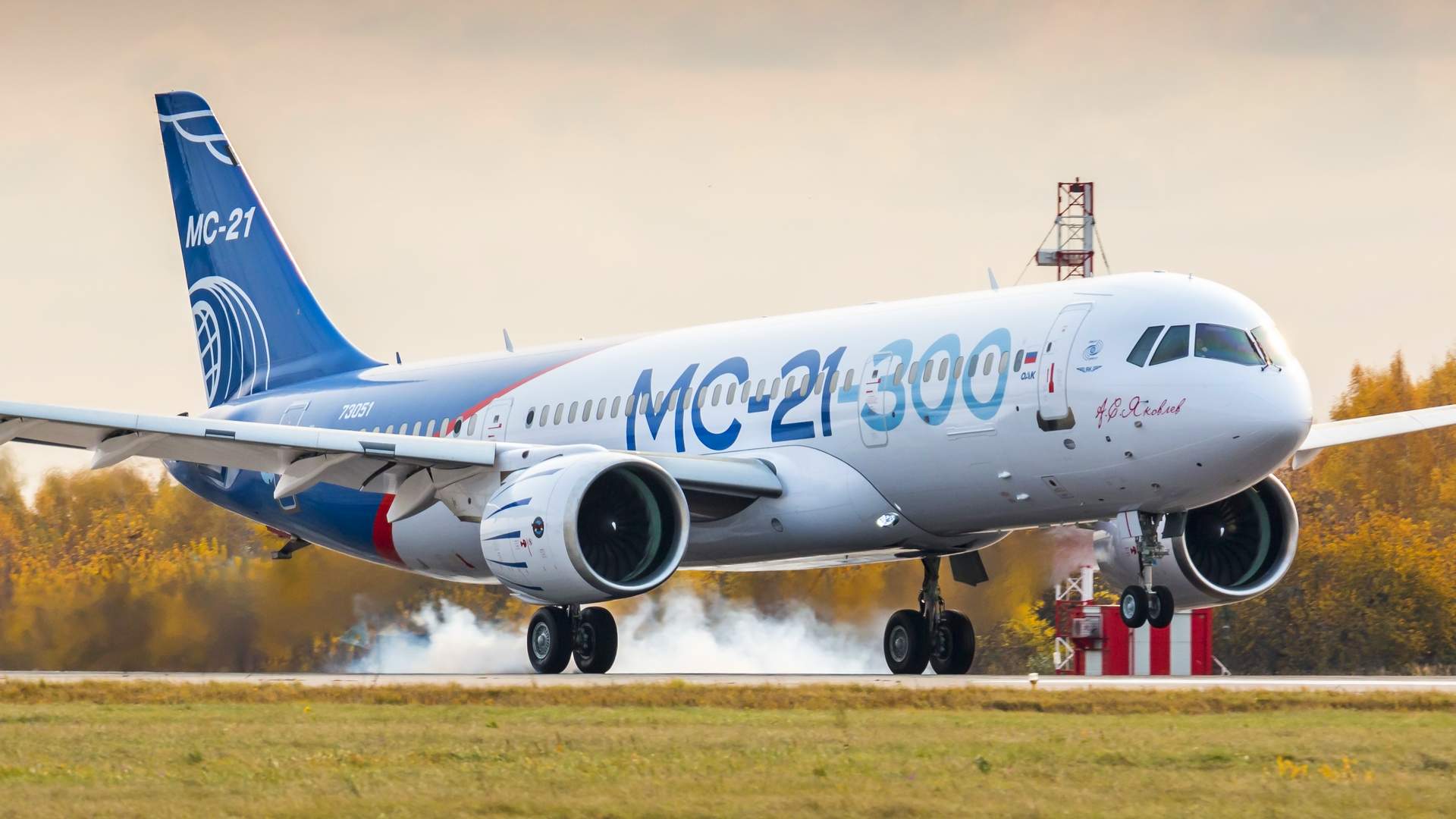
This news contrasts with the worldwide reaction about a separate story, beyond Russia, involving engine parts with falsified paperwork, that we saw earlier. But staying with Russia and Aeroflot, this scramble for parts suggests that replacing Boeing and Airbus aircraft with Russian-made jets is a long way off – if it is still pursued at all.
We have seen that Russian carriers have long-term solutions that they wish to pursue, like the MS-21 (above) and the Sukhoi SuperJet. That’s assuming Russia’s aviation industry can fully “Russify” these jets, which currently rely on a lot of foreign parts.
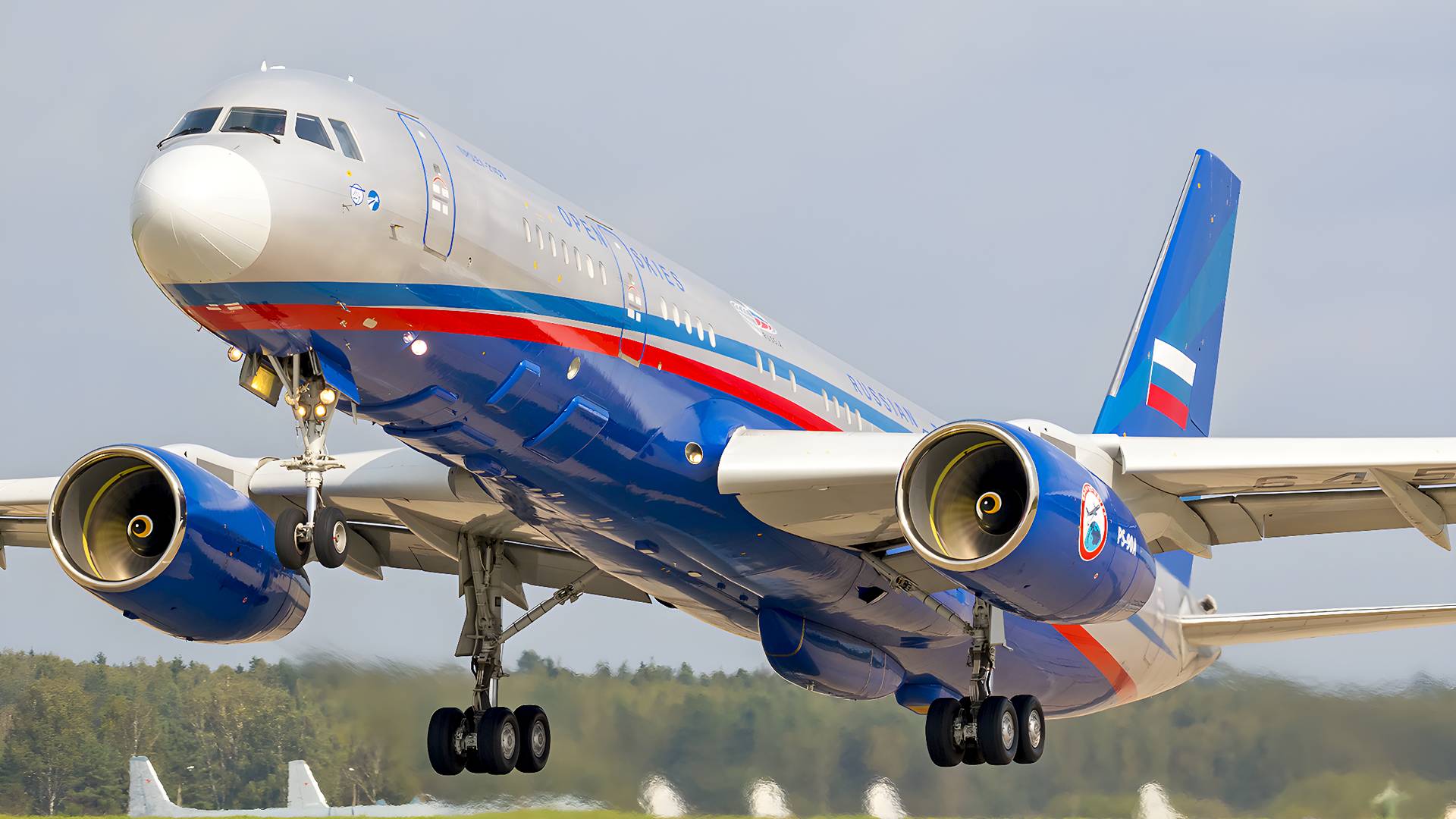
But there were also other potential solutions, for the medium term, like the already all-Russian Tupolev Tu-204/214. Production of this 757-sized jet was very slow, since only military and other government entities placed orders for it. But a year and a half after the introduction of sanctions against Russia, news about newly-made Tu-214s, hasn’t been forthcoming.



